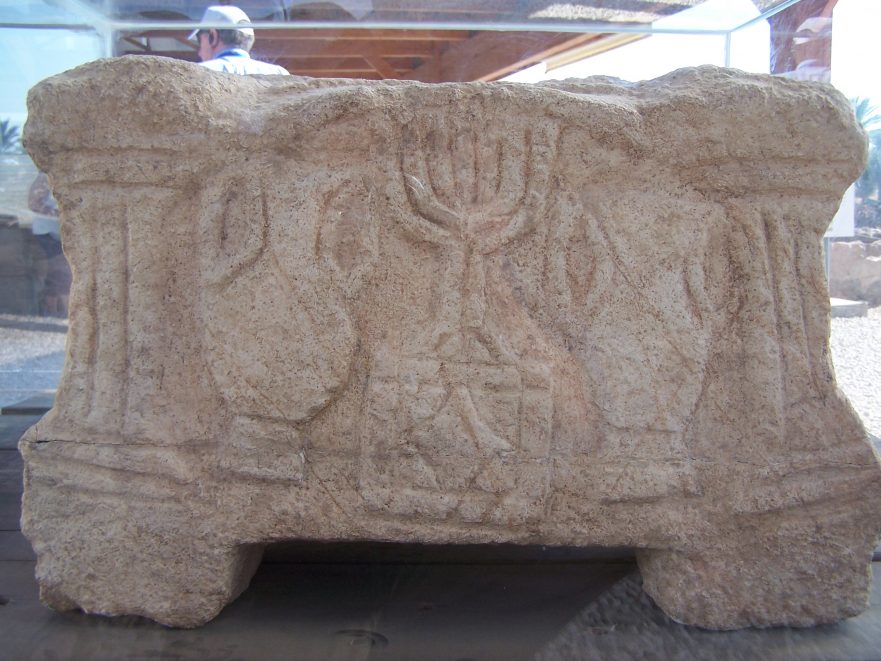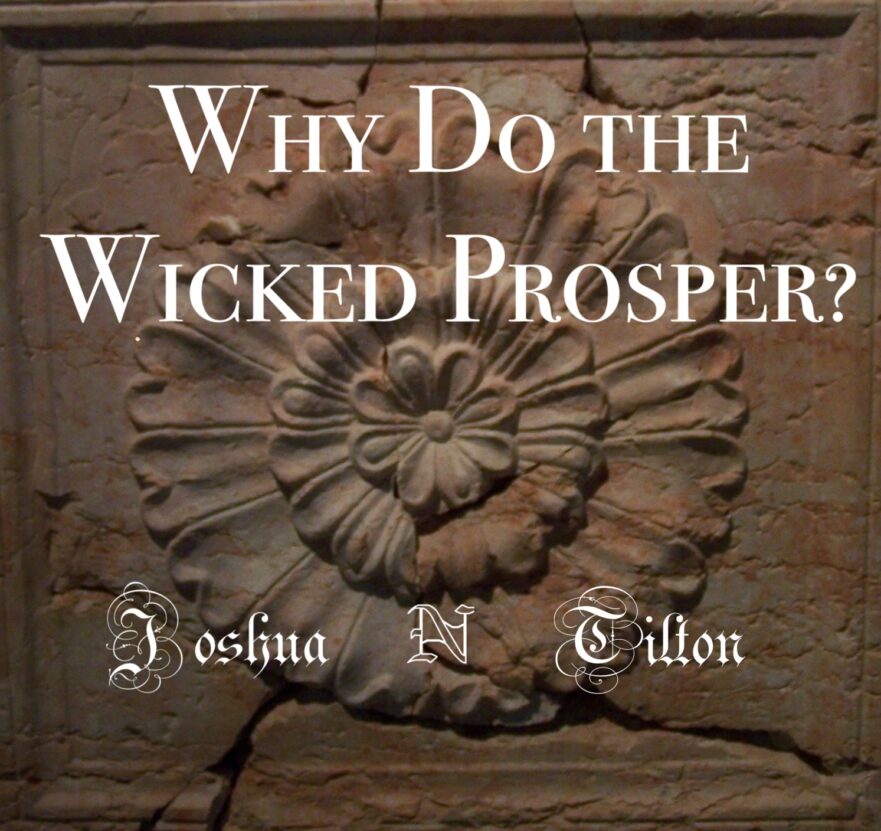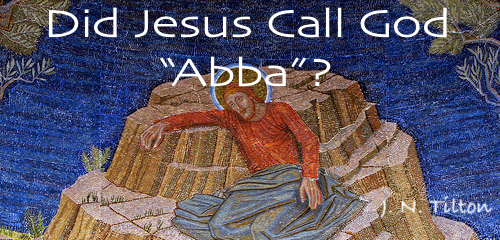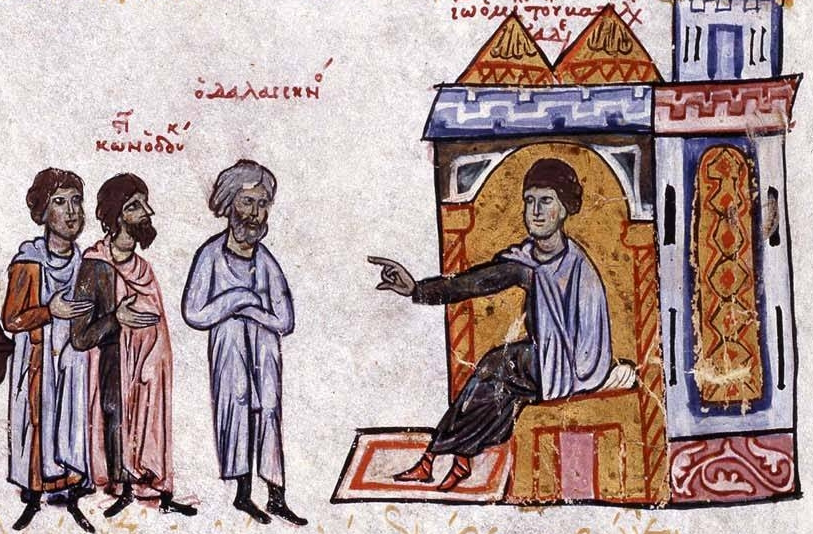A visit to the Hula Valley Nature Reserve offers a different kind of Holy Land experience.
Gospel Postcard: Magdala

Excavations since 2009 have revealed the Galilean town of Magdala, the hometown of Mary Magdalene.
Why Do the Wicked Prosper?

Why do the wicked prosper? No one knows, but ancient Jewish thinkers reminded the faithful that appearances are not always what they seem.
Did Jesus Call God “Abba”?

In the past, some scholars have relied on the evidence of Jesus’ use of the word “Abba” to draw far-reaching conclusions about Jesus, the language he spoke, and his relationship to Judaism. As part of their ongoing research for the LOY project, David Bivin and Joshua Tilton revisited the evidence for Jesus’ use of “Abba” as an address to God. Tilton summarizes their findings here.
A Declaration of Independence and a Pledge of Allegiance

In this blog, Joshua Tilton shares his personal reflections on the Lord’s Prayer based on his research for the Life of Yeshua project.
World’s Oldest Biblical Scroll Discovered?

This past Wednesday evening (21 September, 2016) the BBC reported that a scroll discovered in the ancient synagogue at Ein Gedi “reveals the earliest text ever found of the Old Testament.” Is this startling claim true?
A Statistical Approach to the Synoptic Problem: Part 4—Non-Linear Hypotheses

In Part Four of his series, “A Statistical Approach to the Synoptic Problem,” Halvor Ronning compares Lindsey’s theory of Lukan Priority to alternative solutions to the Synoptic Problem.
Jesus the Apostle

Today we usually think of Jesus as the one who appointed apostles, and to hear of Jesus himself being referred to as an apostle can sound jarring. But while referring to Jesus as an apostle might seem strange to Christians in the twenty-first century, this designation for Jesus would not have sounded strange to early believers.
Sending the Twelve: Apostle and Sender

The Apostle and Sender saying (Matt. 10:40; Luke 10:16) not only gave assurance to Jesus’ emissaries as he sent them out on their first healing and teaching mission, it also offers us an extraordinary glimpse into Jesus’ high self-awareness as the shāliaḥ, or official representative, of Israel’s God. In this segment of the Life of Yeshua commentary, David N. Bivin, JP’s editor-in-chief, and Joshua N. Tilton envision how Jesus’ Apostle and Sender saying may have been worded in Hebrew and explore the Jewish backgrounds of this profound saying.
JP Welcomes New Author—Professor Serge Ruzer

Our most recent author, Professor Serge Ruzer of the Hebrew University in Jerusalem, has just published a new article on JP that explores the Jewish context of Mark’s account of Jesus’ baptism, and how this description ties in with first-century Jewish messianic expectations.

